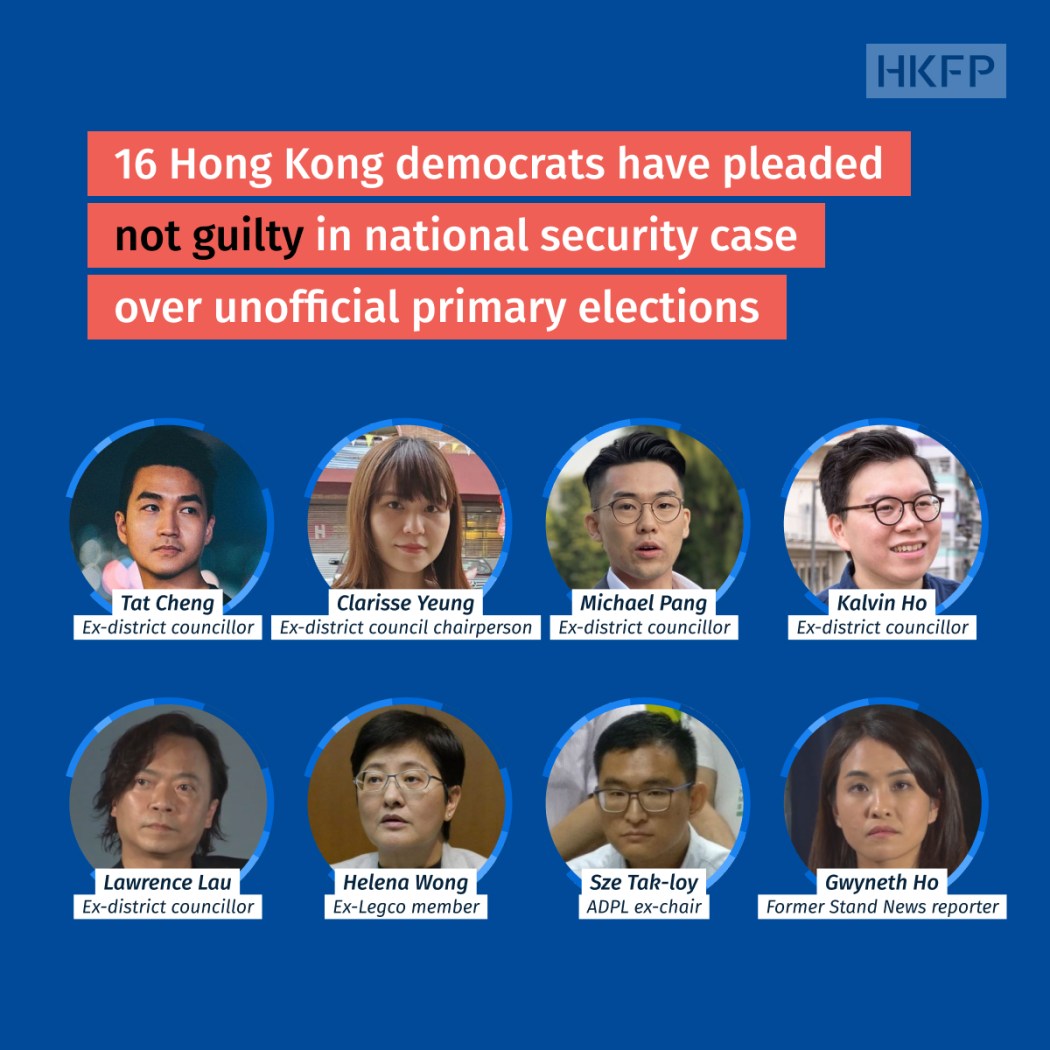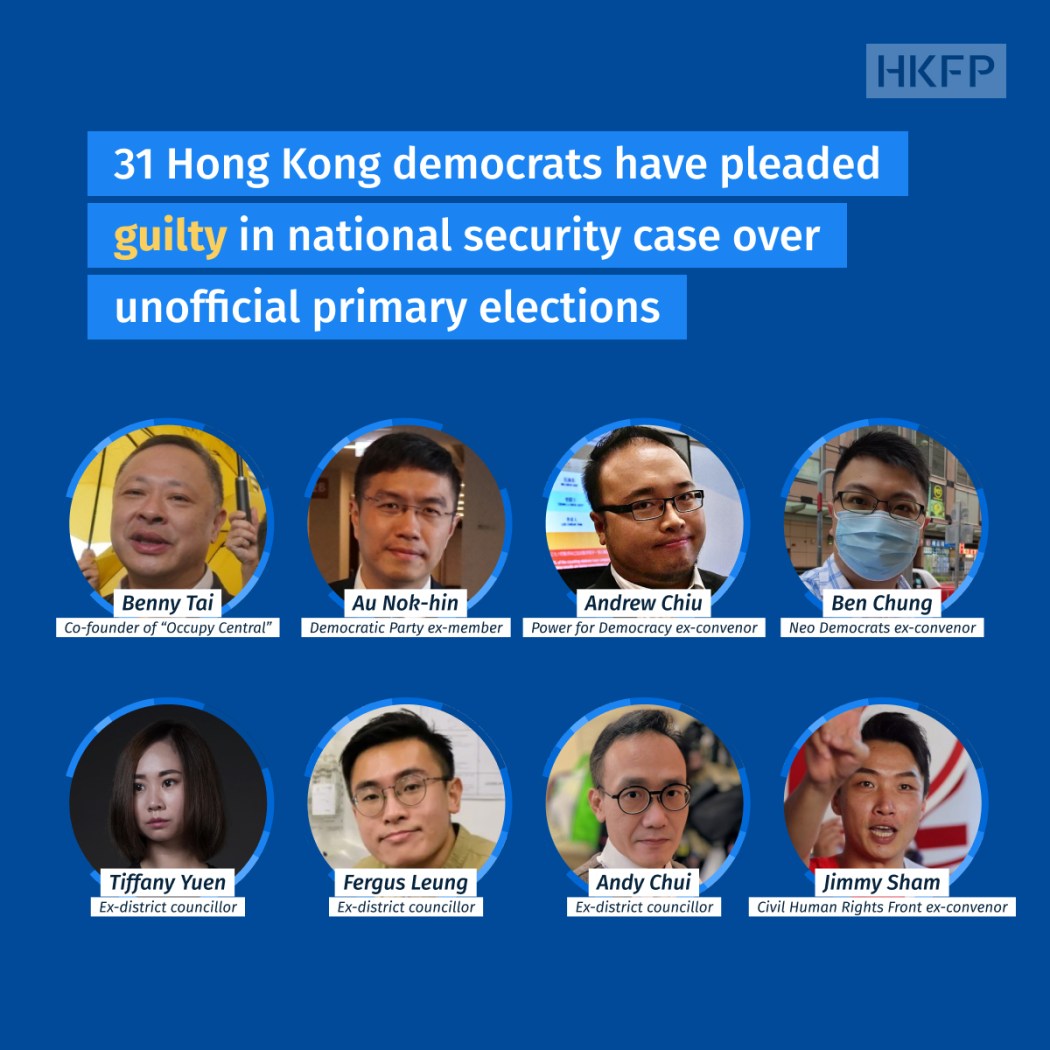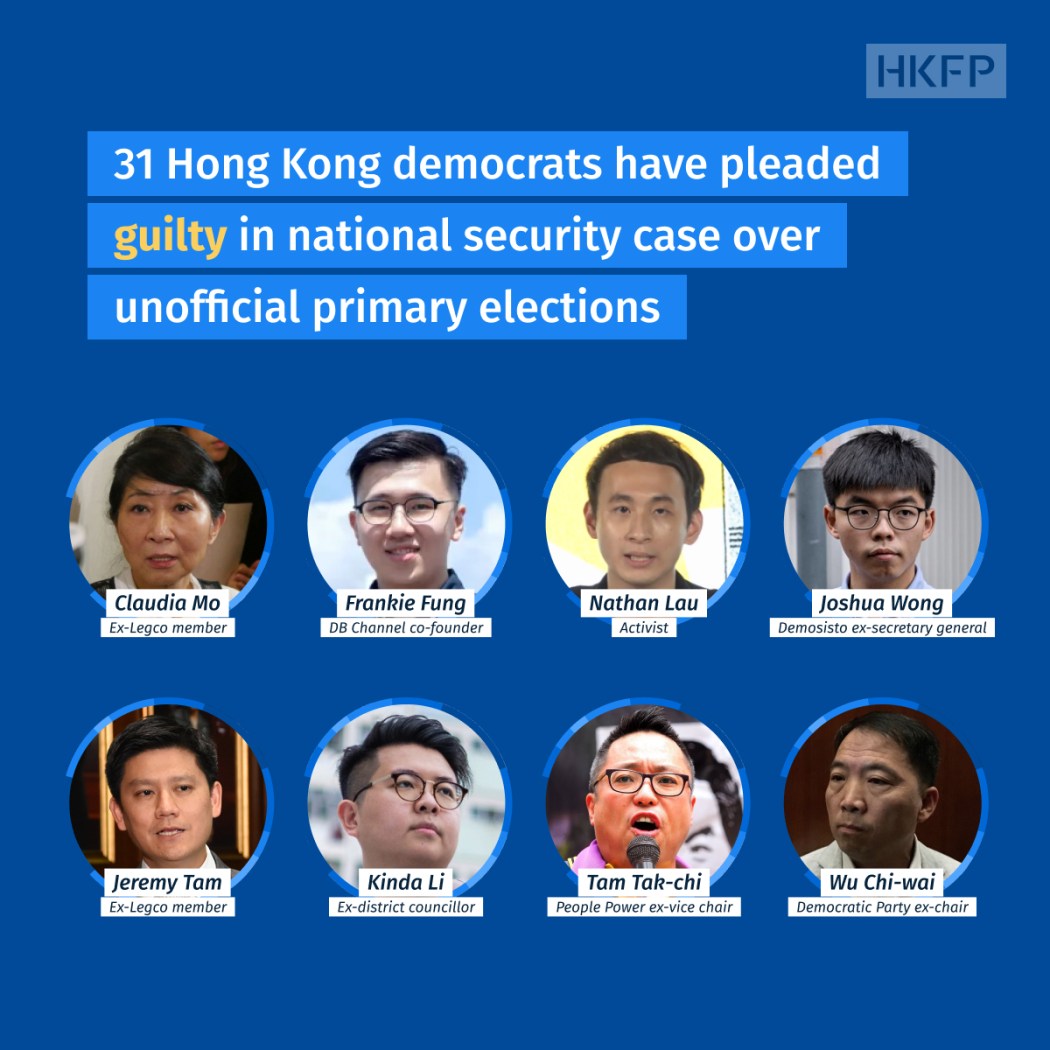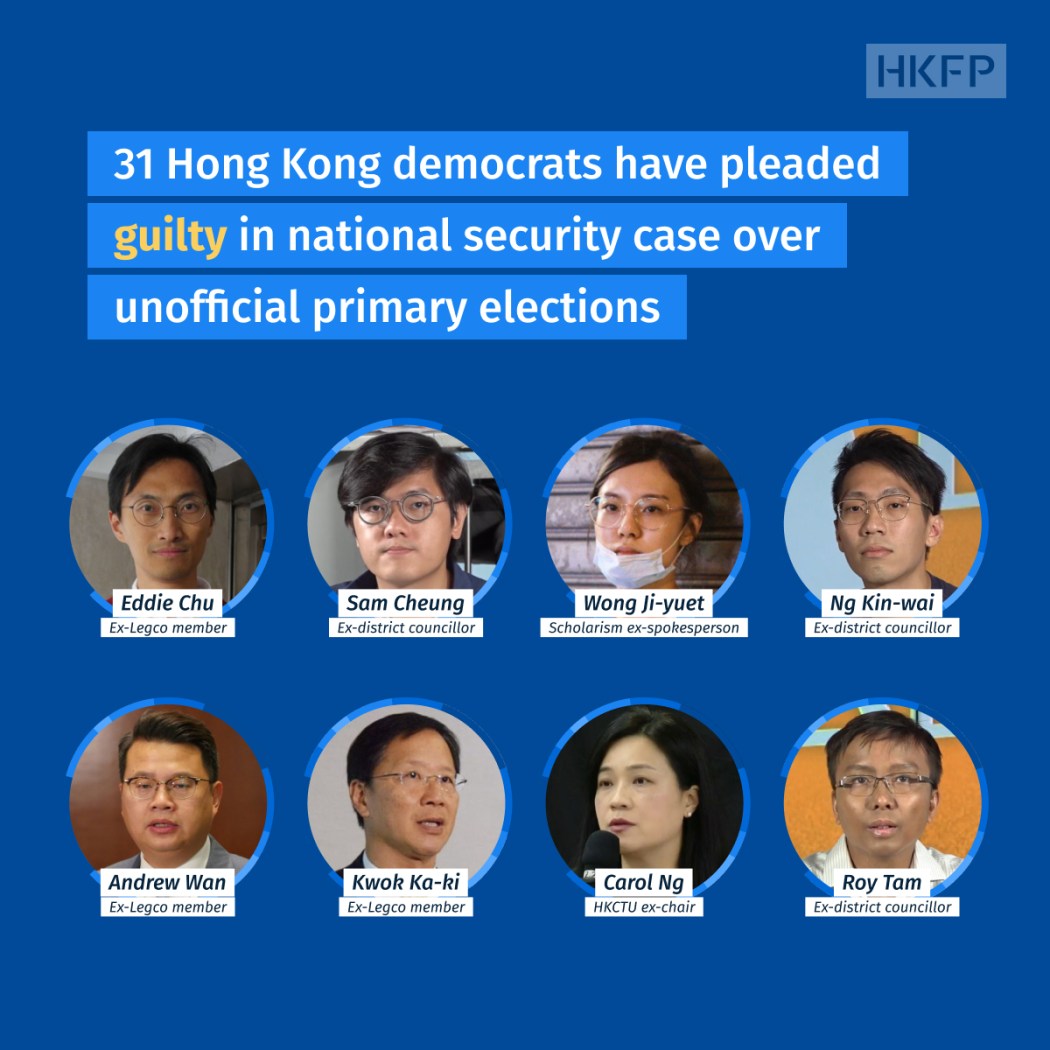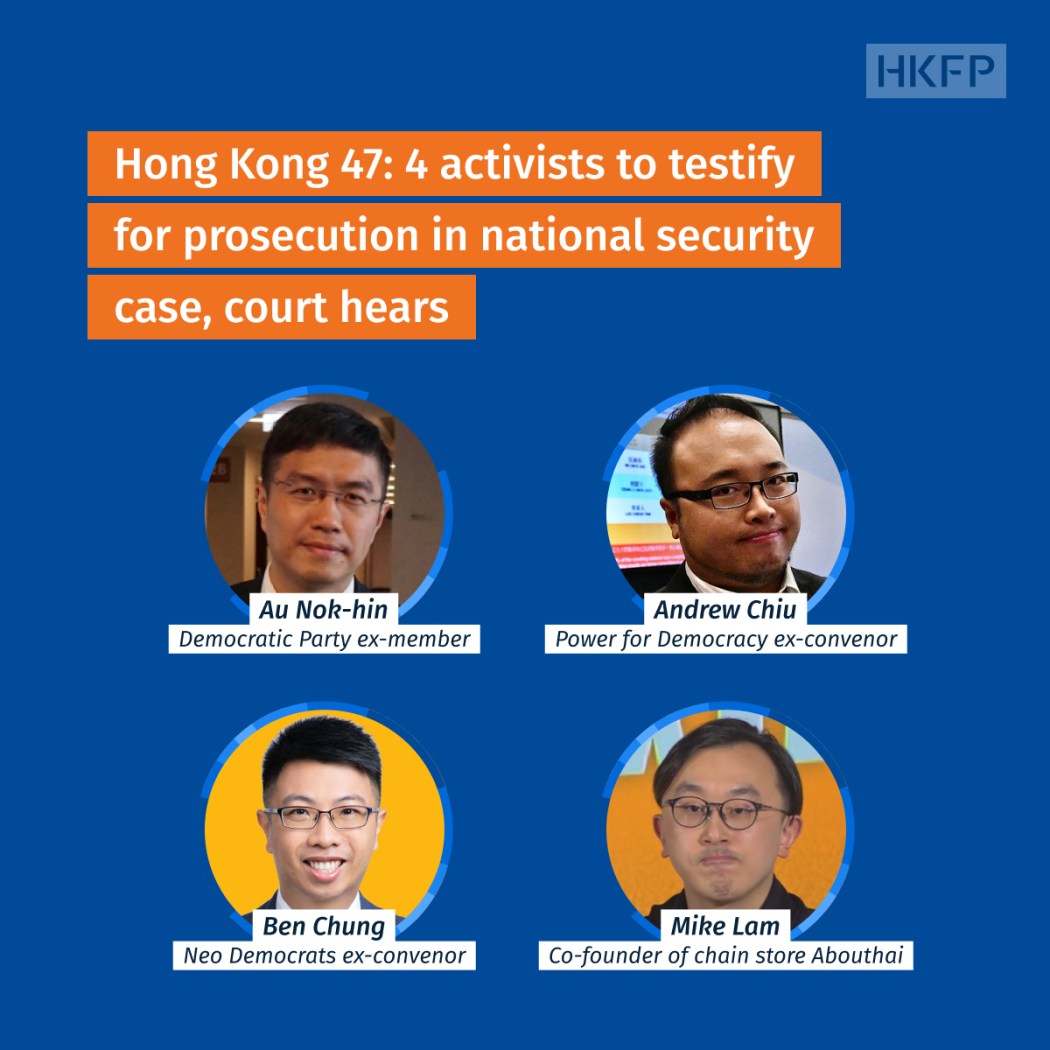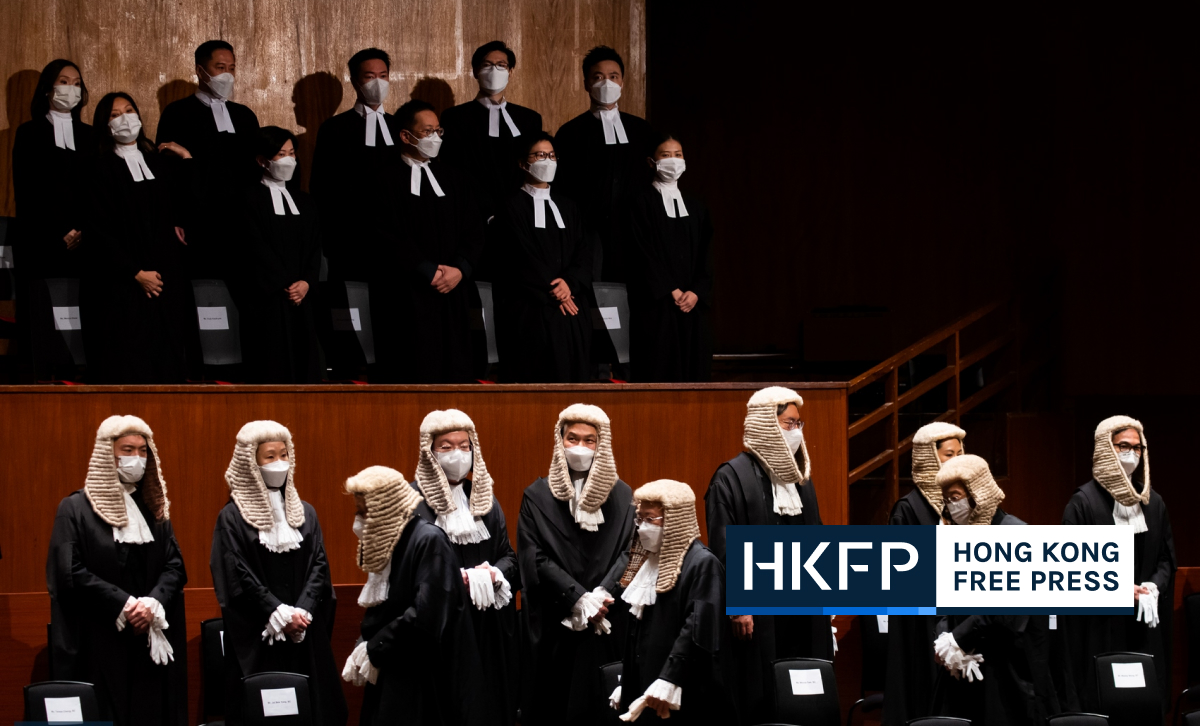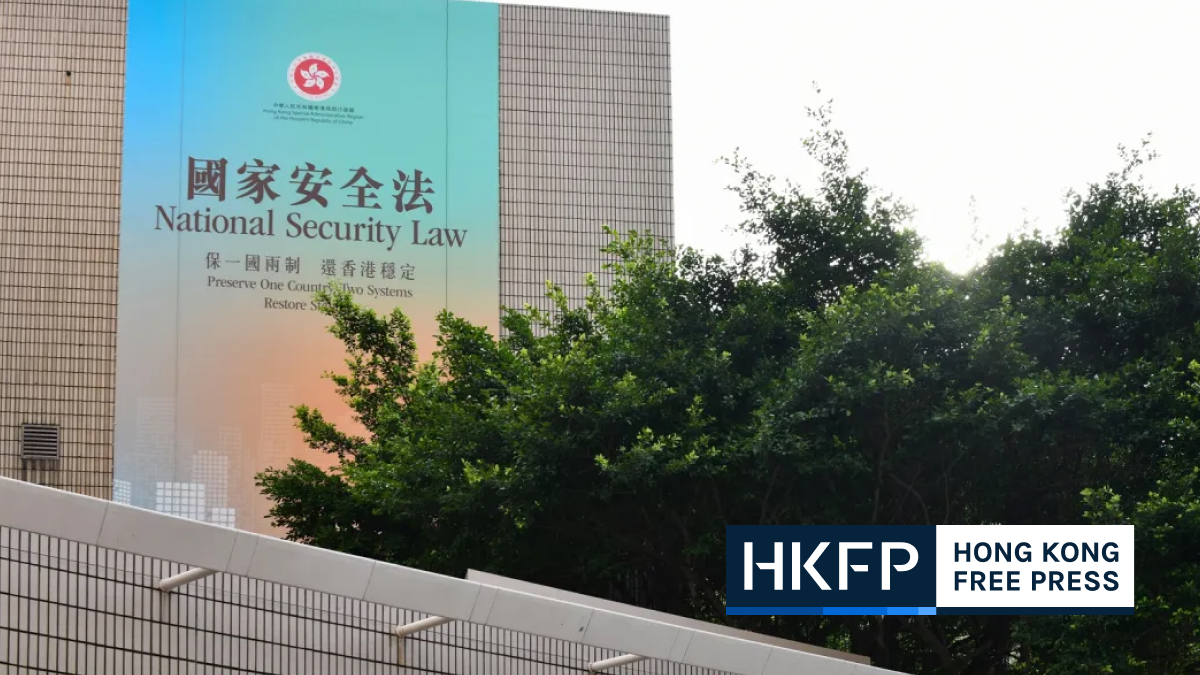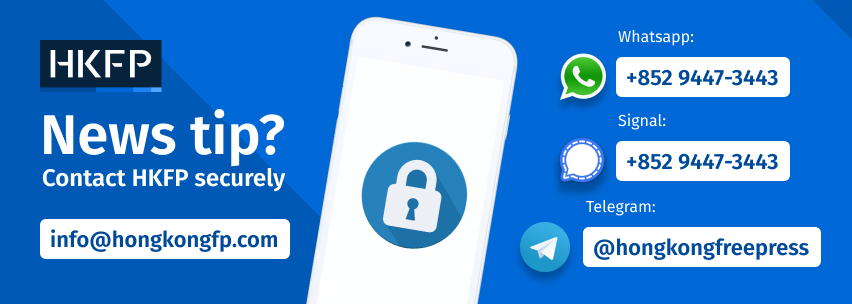A former Hong Kong district councillor standing in the city’s largest national security trial has said he did not express opposition to his political party’s stance on vetoing government funding.
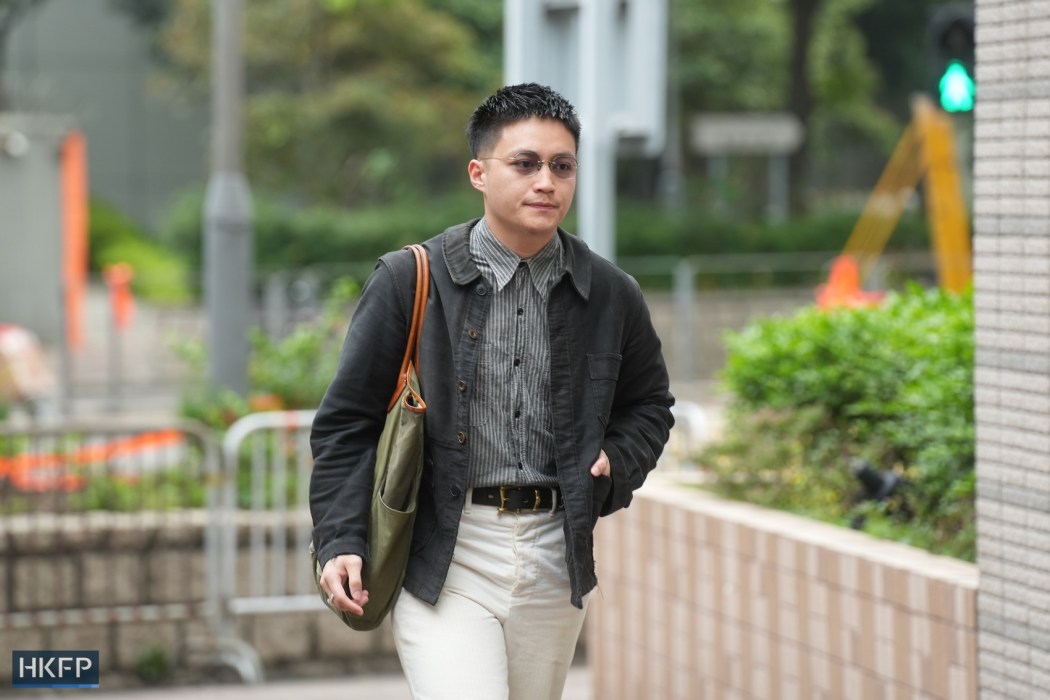
The prosecution started their questioning of Lee Yue-shun, a member of the since-disbanded Civic Party, on Monday after the defence finished their examination.
Wearing a navy denim shirt, Lee reiterated statements made on Friday that he did not agree with the Civic Party’s position of voting against the government budget to fight for the five demands that were popularised during the protests and unrest in 2019.
Lee is one of 47 democrats charged with conspiracy to commit subversion in a case that centres around an unofficial legislative primary election held in July 2020. Prosecutors have alleged that the democrats intended to abuse their powers as lawmakers – if elected – to indiscriminately vote down government bills and paralyse government operations.
Asked by lead prosecutor Jonathan Man Tak-ho on Monday, his third day of testifying, if he had ever told voters he would not follow the party’s line to do so, Lee said in Cantonese that he had “never publicly put it that way.”
Andrew Chan, one of three national security judges presiding over the trial, said: “But you could [have], couldn’t you? In your newly prepared pamphlet, you could have said ‘I will put my voters’ interests in the forefront… no matter what position my party holds.”
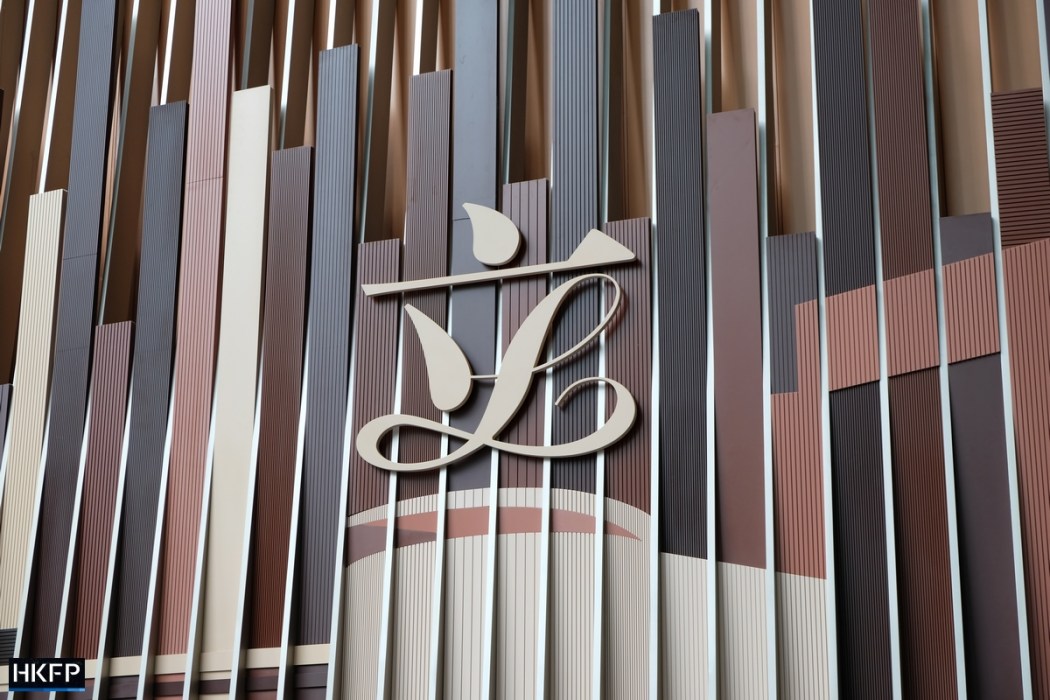
Chan was referring to Lee’s earlier statement that his team had redesigned his campaign pamphlets in response to Beijing’s imposition of the national security law in June 2020.
“I may not [have] used words to express that directly, but my political platform reflected this message,” Lee responded.
The exchange came after Chan said Lee needed the support of the Civic Party, and that if it were not for Civic Party member Tat Cheng – who is also a defendant in the case – asking Lee to run for the District Council in 2016, he would not have become a district councillor.
“So without the support of the Civic Party, put it this way, I’m not trying to be derogatory, you are [a] nobody,” Chan said.
Lee replied: “You can put it that way.”
Monday marked the 110th day of the high-profile trial. Besides Lee, 15 democrats have pleaded not guilty and are being tried by a panel of hand-picked national security judges. They face up to life in prison if convicted.
The defence part of proceedings is coming to a close, with Lee the penultimate defendant to take the stand. Winnie Yu, the ex-chairperson of a pro-democracy medics’ union, is expected to testify after Lee.
The majority of the defendants are in remand since being denied bail in March 2021. Lee is among the 13 who are on bail.
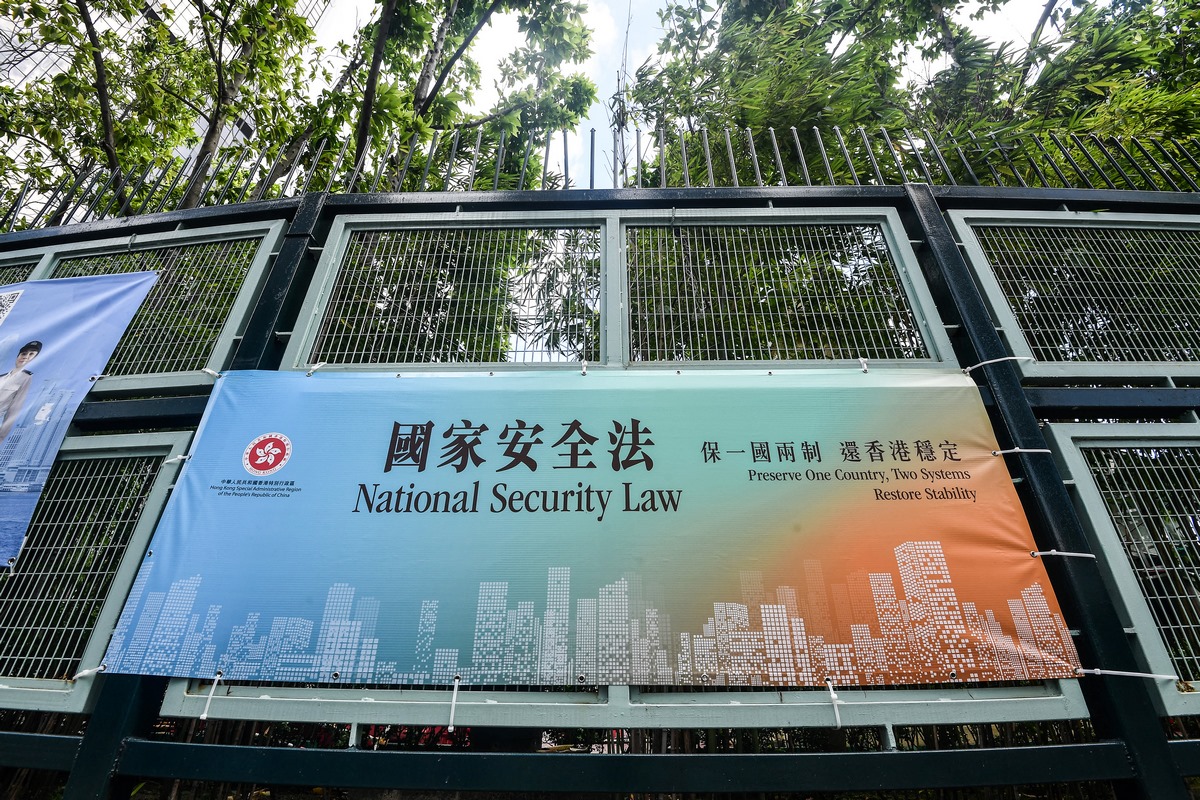
The 31 defendants who have pleaded guilty will be sentenced after the trial – which was estimated to last for 90 days – has ended.
‘Solemn promise’
Lee was also questioned over a video that he and other Civic Party members appeared in. In the video, which was shared on the party’s Facebook page a month before the July 2020 primaries, the party’s leader and ex-lawmaker Alvin Yeung made a “solemn promise” that Civic Party legislators would vote down the government budget if the chief executive did not “actualise” the five demands, the court heard.
The demands, advocated by protesters in 2019, included scrapping the controversial extradition bill that sparked the demonstrations and an independent investigation into allegations of police brutality.

Lee was among the five Civic Party members filmed for the video.
Asked by Man if he had any objections when he first saw the full script of the video, Lee said he had been focused on his lines, which he had tried to memorise.
Man then asked the defendant if he had watched the video, which was around two minutes long, after it was published.
“I don’t remember if I watched the video from start to finish… how I usually do it is, I would go straight to the parts I am in and see if they looked good,” Lee said. “So all I can confirm today is that I can recall watching my parts in the video.”
‘No interest’ in Benny Tai’s articles
The primaries at the centre of the national security case saw dozens of lawmakers, district councillors and activists run for a chance to prove their popularity and compete in the legislative race that was originally scheduled for September 2020. It was later postponed due to Covid-19.
Benny Tai, a former University of Hong Kong law professor, was one of the organisers of the primaries along with ex-lawmaker Au Nok-hin. Both are defendants in the case and have pleaded guilty, with Au having testified as a prosecution witness.
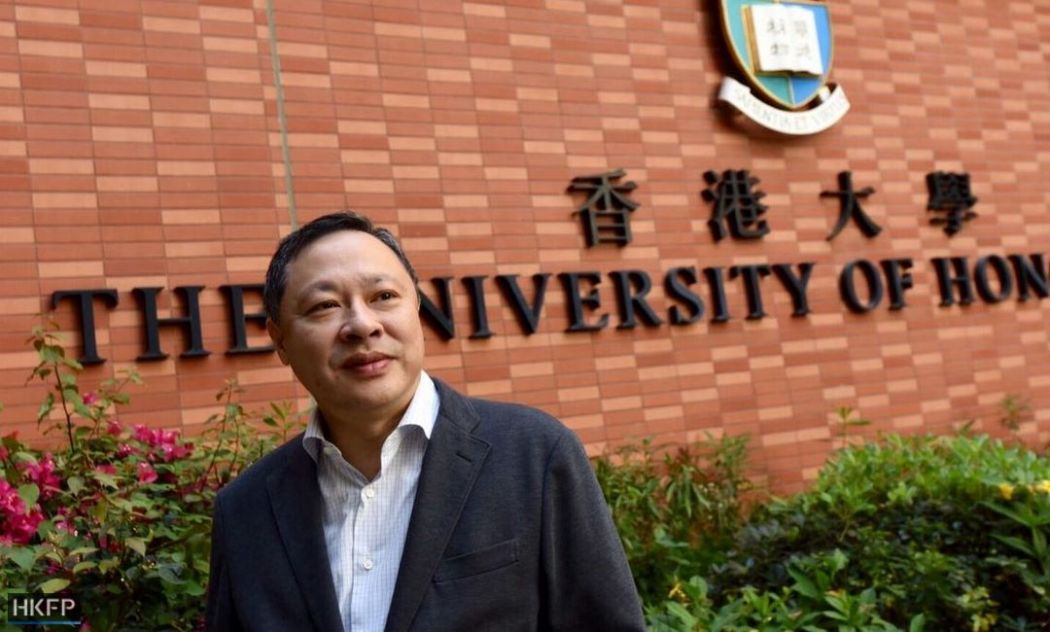
Tai published a number of articles in the now-defunct pro-democracy newspaper Apple Daily outlining his plans for democrats to secure a majority in the legislature, where they could then vote down government bills and force the resignation of the chief executive.
Man asked Lee if he had read Tai’s articles. Lee said no, and that he had “no interest” in them.
The prosecution will continue their examination of Lee on Tuesday.
In June 2020, Beijing inserted national security legislation directly into Hong Kong’s mini-constitution – bypassing the local legislature – following a year of pro-democracy protests and unrest. It criminalised subversion, secession, collusion with foreign forces and terrorist acts, which were broadly defined to include disruption to transport and other infrastructure.
The move gave police sweeping new powers, alarming democrats, civil society groups and trade partners, as such laws have been used broadly to silence and punish dissidents in China. However, the authorities say it has restored stability and peace to the city.
Support HKFP | Policies & Ethics | Error/typo? | Contact Us | Newsletter | Transparency & Annual Report | Apps

